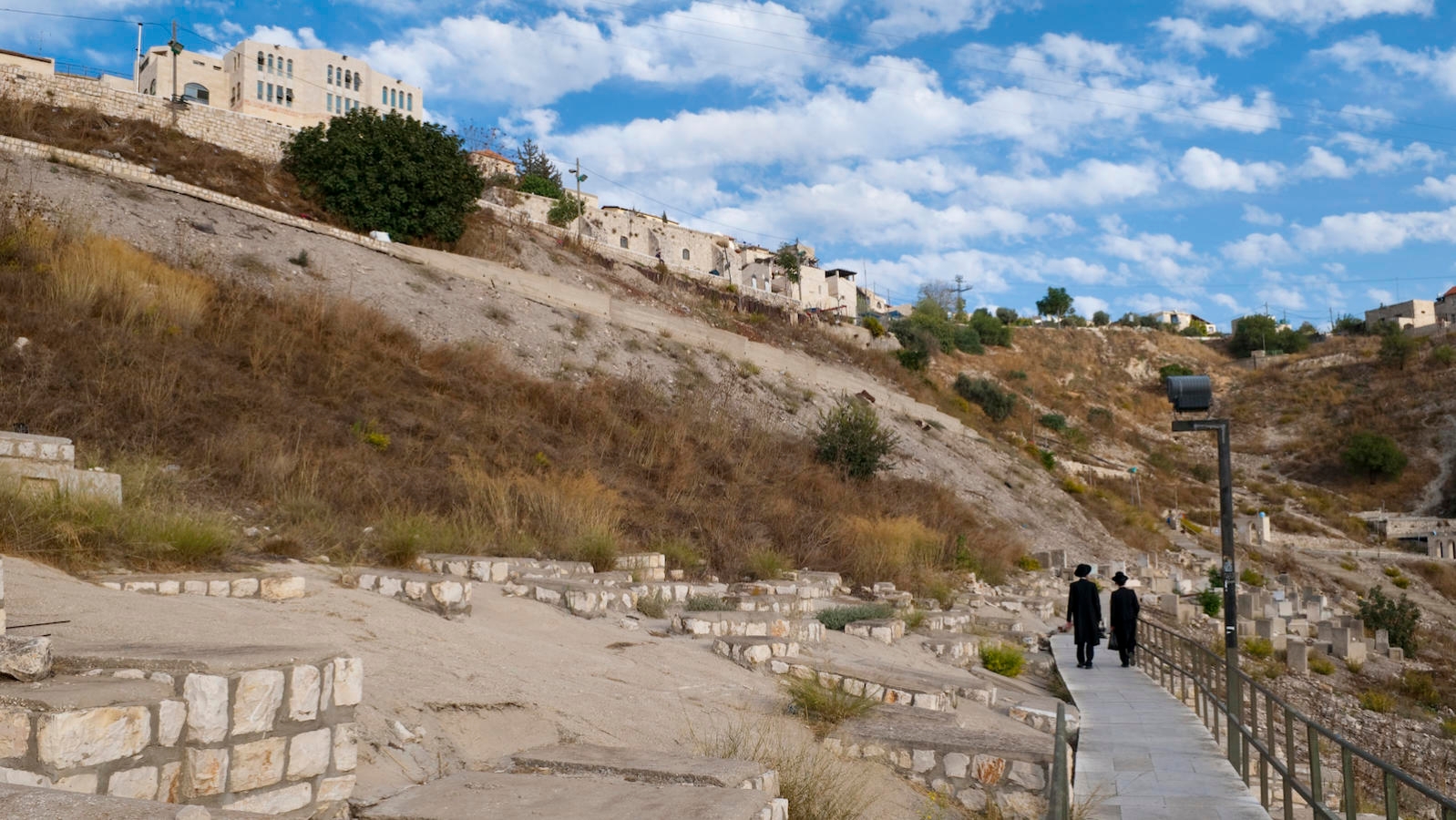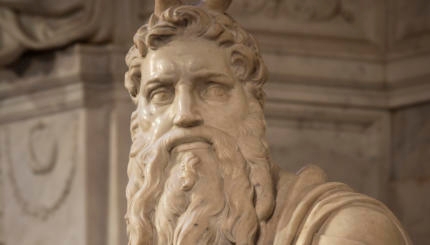There were Hasidic rebbes [masters and teachers] who invested time learning specifically how to die. The following stories indicate how the Hasidim believed one could develop the ability to be consciously aware during the process of dying.
Learning How to Leave the World
A Hasid [devotee] of Rabbi Pinhas of Kinsk, a grandson of Rabbi Yerahmiel, once came into the master’s room and found him lying down and playing with his watch. He was surprised because it was almost noon and the rabbi had not yet prayed. Just then Rabbi Yerahmiel said to the Hasid: “You are surprised at what I am doing? But do you really know what I am doing? I am learning how to leave the world.”
On Hanukkah, when Rabbi Abraham Moshe was in the city of Biala with his mother, he said to her: “Mother, I have a craving to die.” She answered: “I heard from your father that one has to learn to die.” He answered: “I have learned it.” Again she said: “I heard from your father that one has to learn for a very long time, to learn it properly.” He answered: “I have learned long enough,” and lay down. He died on the seventh day of the [holiday]. Later his mother found out that before going on his journey, he had visited his favorite disciples and taken leave of them,
Conscious Preparation for the Final Moment
By accepting the inevitability of death, the hasidic rebbe could be totally prepared for the final moment of life, the moment of the transition to the other side. There is a story of one rebbe who called together his disciples toward the end of the Sabbath. He taught them a new nigun (wordless melody) and requested they sing it for him. As they did, he leaned back, offering his soul to God, and died leaving this plane of existence consciously and prepared.
Ensuring a Peaceful Death
The Hasidic masters knew that the less attached one was to physical-plane life and to the drama of one’s personal life story, the easier it was to die peacefully. Certain attitudes and actions were considered ideal. Like their rabbinic and kabbalistic predecessors, the hasidim believed that an ethical, God-fearing life was always an effective way of preparing for a painless, peaceful death. As the Slonimer Rebbe taught: “Happy is one who end his days in repentance and holy service, and dies with a clear conscience.”
The story is told of the Maggid of Koznitz who, prior to his death, prayed ardently to God on the eve of Yom Kippur, asking for forgiveness. Not only did he request to be forgiven by God, but he demanded a definitive reply, exclaiming: “Therefore I beseech Thee: if it has been easy for me to take upon myself the yoke of Thy people, and to perform this service with my suffering body, how can it be burdensome for Thee to speak two words?” Instantly his being was filled with joy as he heard the words descend from on high: “I forgive.” Soon after he died.
In leaving behind the material world, everything had to be surrendered, even the fulfillment of the mitzvot, or divine commandments. On the day of his death, Rabbi Eisik of Zhydatchov awoke and put on his tallit and tefillin (prayer shawl and phylacteries) as always. Soon after he began the morning prayers, he stopped, rapidly removed the prayer shawl and phylacteries, and said: “Today I am free of tallis and tefillin and mitzvot [commandments], and I shall soon be free of the world.” He died that evening.
Reprinted with permission from Jewish Views of the Afterlife (Jason Aronson).
Sign up for a Journey Through Grief & Mourning: Whether you have lost a loved one recently or just want to learn the basics of Jewish mourning rituals, this 8-part email series will guide you through everything you need to know and help you feel supported and comforted at a difficult time.
Looking for a way to say Mourner’s Kaddish in a minyan? My Jewish Learning’s daily online minyan gives mourners and others an opportunity to say Kaddish in community and learn from leading rabbis.
Moshe
Pronounced: moe-SHEH, Origin: Hebrew, Moses, whom God chooses to lead the Jews out of Egypt.
tallit
Pronounced: tah-LEET or TAH-liss, Origin: Hebrew, prayer shawl.
tefillin
Pronounced: tuh-FILL-in (short i in both fill and in), Origin: Hebrew, phylacteries. These are the small boxes containing the words of the Shema that are traditionally wrapped around one’s head and arm during morning prayers.



